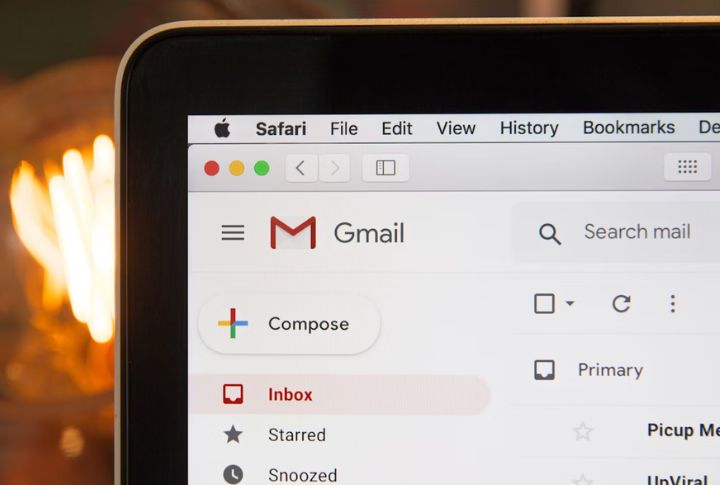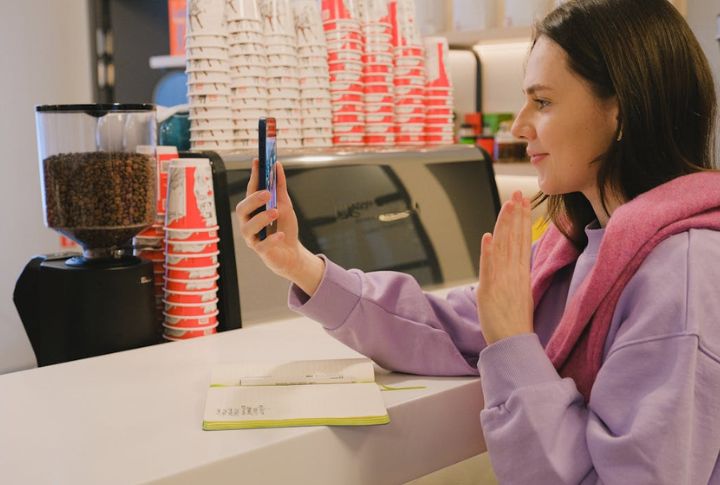
Different generations don’t always hear the same thing, even when the words are identical. A simple comment can come across as dismissive, dated, or plain irritating. Wondering which expressions create these invisible divides? Keep reading—you may spot a few you’ve used yourself.
Email Me

Many older professionals stand by email as their primary communication tool, appreciating its professional tone and paper trail. Yet younger team members often see it as unnecessarily slow and formal. Despite this divide, email remains relevant – even Millennials request it for meeting notes and official records.
Let’s Have Meeting

The words “let’s have a meeting” spark different reactions across generations. Senior employees prefer formal, structured gatherings that allow for detailed discussions. Meanwhile, younger workers favor quick stand-up meetings, where everyone literally stays standing to keep things brief. These contrasting preferences sometimes also lead to workplace tension.
Back in My Day…

Family dinner conversations often feature the time-honored opener “Back in my day…” as older relatives share their experiences. Though meant as a bridge between generations through storytelling, this phrase can backfire. Young people may even feel their present-day challenges are being dismissed or minimized.
Let’s Keep It Formal

The clash between formal and casual language continues to spark workplace tensions. While older generations value traditional greetings and proper etiquette, younger workers prefer a more relaxed approach. In fact, a simple “Hey” in an email can trigger heated discussions about professionalism, leaving many employees feeling uncomfortable with workplace communication expectations.
Can We Talk On The Phone?

Modern technology has transformed how different generations prefer to connect. One generation’s instinct to pick up the phone clashes with another’s text-first approach. This disconnect often leads to misunderstandings, with each group interpreting the other’s communication style as inconsiderate.
“LOL” And Other Slang

Modern text conversations overflow with abbreviations like “LOL” and terms like “ghosting,” puzzling many older adults. Such digital vocabulary can unintentionally exclude those unfamiliar with current slang. You will see that even a classic example like “LOL” means different things to different generations, causing awkward moments.
Can We Video Chat?

Video chat requests highlight the digital generation gap in family communication. Gen Z embraces FaceTime without a second thought, while their grandparents may prefer hearing a voice on the phone. Though pandemic lockdowns made virtual gatherings common, many older adults still feel uncomfortable with video calling technology during family catchups.
Why Do You Care About That?

Simple words can create lasting hurts between generations. When someone questions why another person cares about something, they’re actually undermining valuable connections. However, every interest, whether it’s classic cars or modern gaming, deserves respect and offers opportunities for meaningful conversations.
Let’s Keep Things As They Are

Many seasoned professionals prefer maintaining familiar workplace systems, believing that tried-and-true methods serve best. This stance frequently creates tension with younger team members who push for updates. In fact, even simple changes to office technology often become battlegrounds where different generational values clash and collide.
Just Google It

“Just Google it” might seem helpful to digital natives, but this quick response can hurt relationships with older family members. Though Google has existed since 1998, not everyone feels comfortable with instant online searches. A better approach would be to share knowledge and teach useful search methods.

